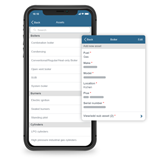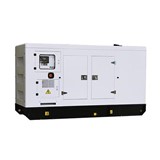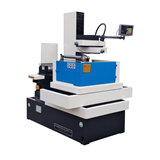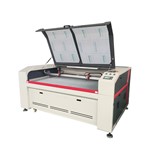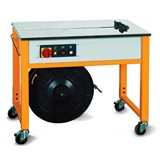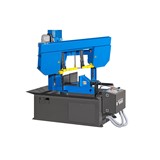They say a 4.2 per cent rise in registration charges and fuel excise proposed by the National Transport Commission (NTC) will overcharge the industry by $776m, and is not proportionate to the government's extra spending on road maintenance.
Earlier this month the Australian Transport Council, which brings together the nation's transport ministers, voted in favour of the proposal from the NTC to raise the fuel excise from 21.7 cents to 22.6 cents per litre, cutting almost one cent off the diesel rebate.
B-double registration will rise to $15,340, while a semi-trailer will cost $5612 – a more than $300 increase.
Spending on roads and bridges across all levels of government has increased significantly in recent years – up 10.7 per cent last year, according to the National Transport Commission – and the government argues the industry has benefited from greater access, less congestion and reduced wear and tear on vehicles, thanks to better roads.
The National Transport Commission (NTC) report says that "heavy vehicles should pay their fair share of road infrastructure costs such as road construction and maintenance costs that are incurred by the Commonwealth."
The charges are introduced federally but it is up to individual states to introduce them, and state governments can delay their introduction. Last year the New South Wales government did so by six months.
Earlier this month, the Victorian Transport Association (VTA) wrote to Roads and Ports Minister Tim Pallas, asking him to reject the price hikes.
"It is vital for all levels of Government to stop using the transport industry as a revenue source without proper justification. If these increases go ahead, it could send some companies broke," he said.
"These sort of increases put a real financial burden on transport operators who are already under the pump to deliver goods at cheaper than ever prices."
The Australian Trucking Association (ATA) also opposed the charges, and has lobbied the government to bring them down to 4.2 per cent from an even higher proposed hike of over 9 per cent.
"There's no need for the increase in charges, but at least the situation is not as bad as it could have been," said a spokesman for the ATA.
The ATA said the NTC figures show that the government needs to recover $2,210 million from the industry in 2010-11 to cover the cost of the industry's use of Australia's roads.
ATA calculations forecasts that the industry will actually pay $2,987 million in registration charges and fuel tax in 2010-11, over $776 million more than the NTC's assessment.
The ATA say the NTC reached its recommended figure – a 4.2 per cent increase in charges – using out of date 2005-06 data about vehicle use which have lead to the industry being overcharged.
Now the government has decided to go ahead with the 4.2 per cent increase in charges proposed by the NTC, the ATA said the law should not be implemented in South Australia and New South Wales until those states release detailed breakdowns of their road expenditure to the industry for verification.

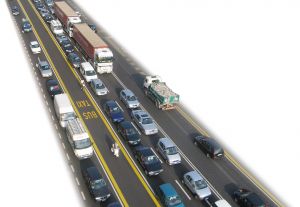

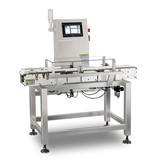
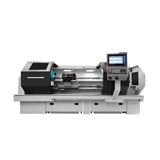



-160x160-state_article-rel-cat.png)


